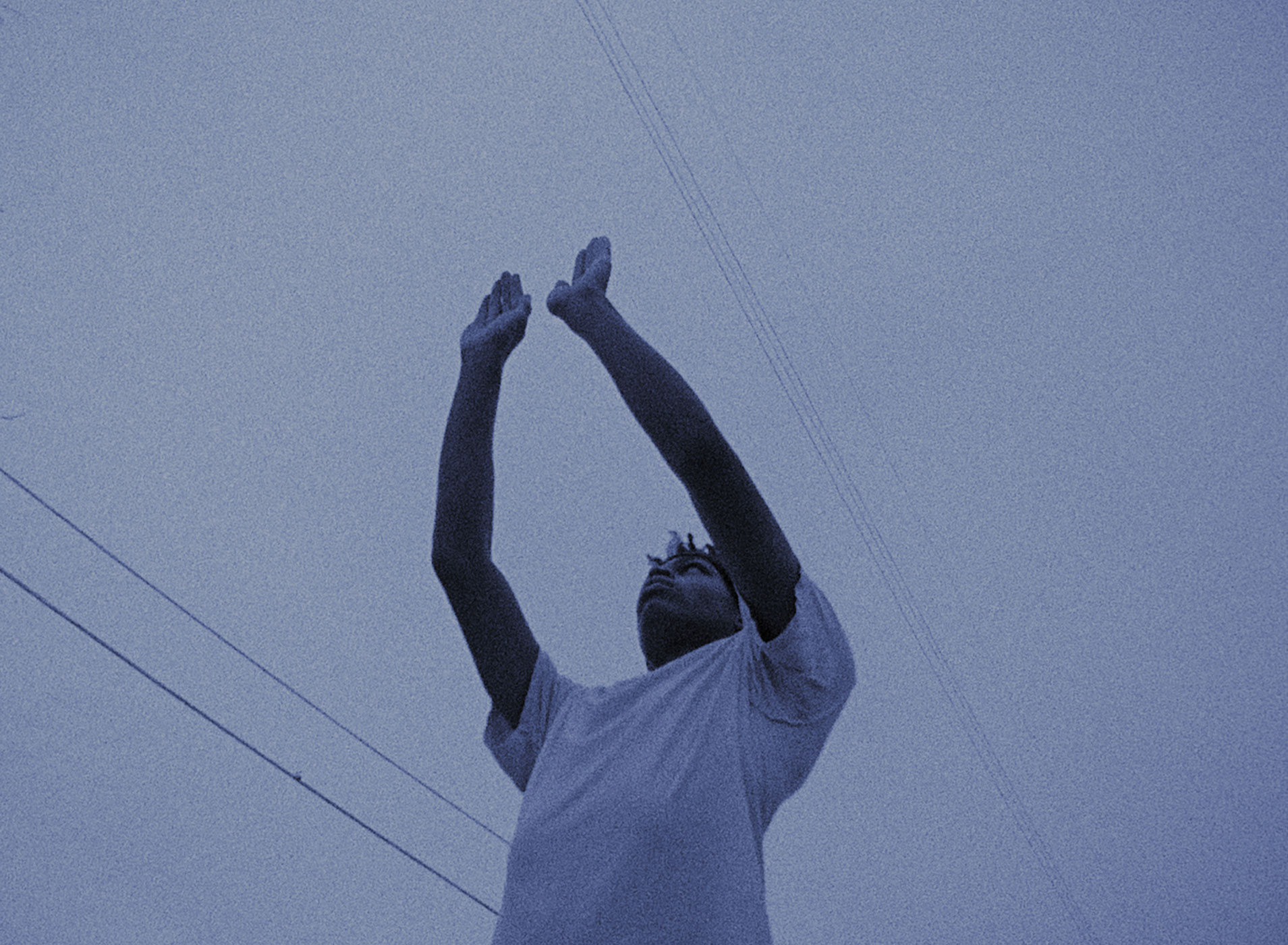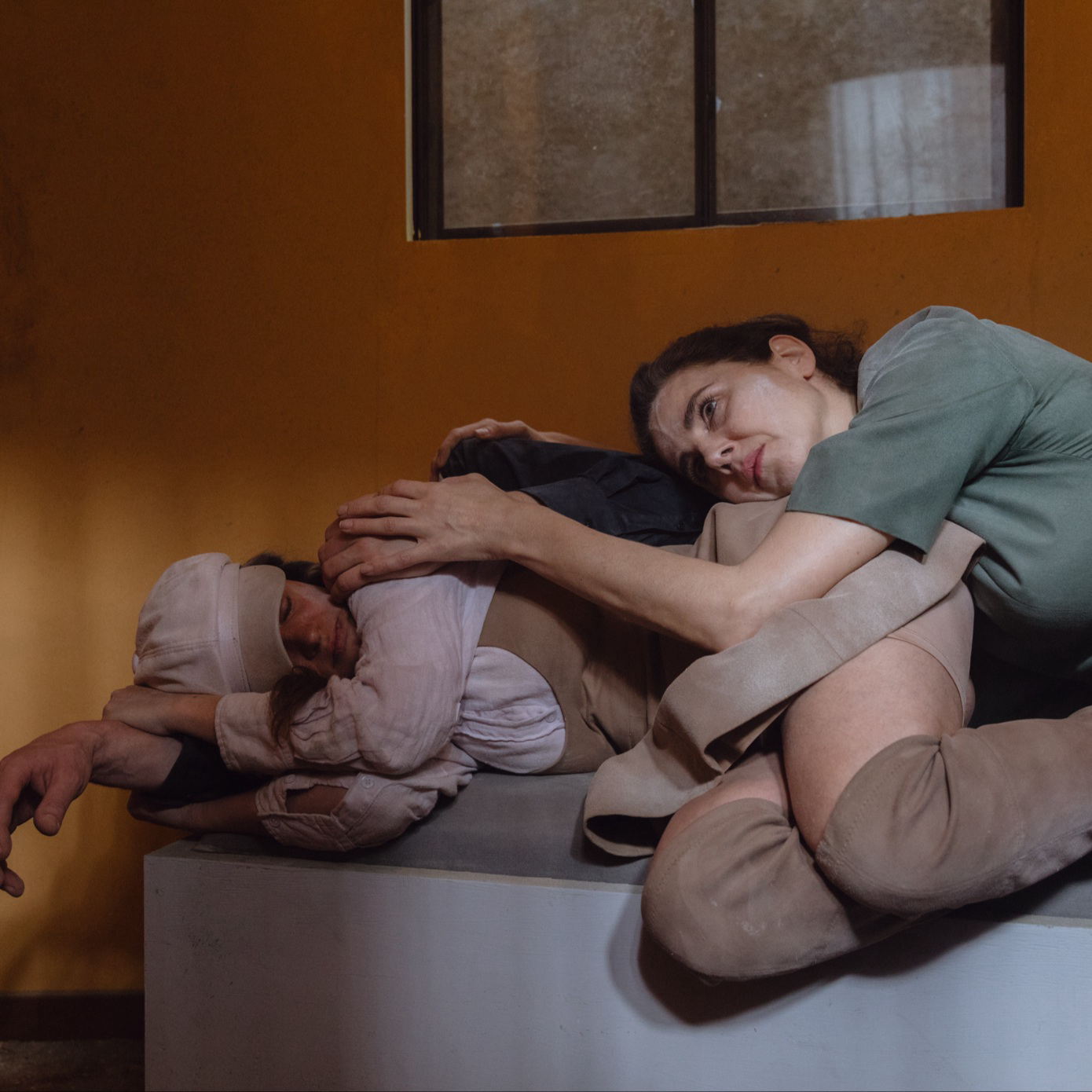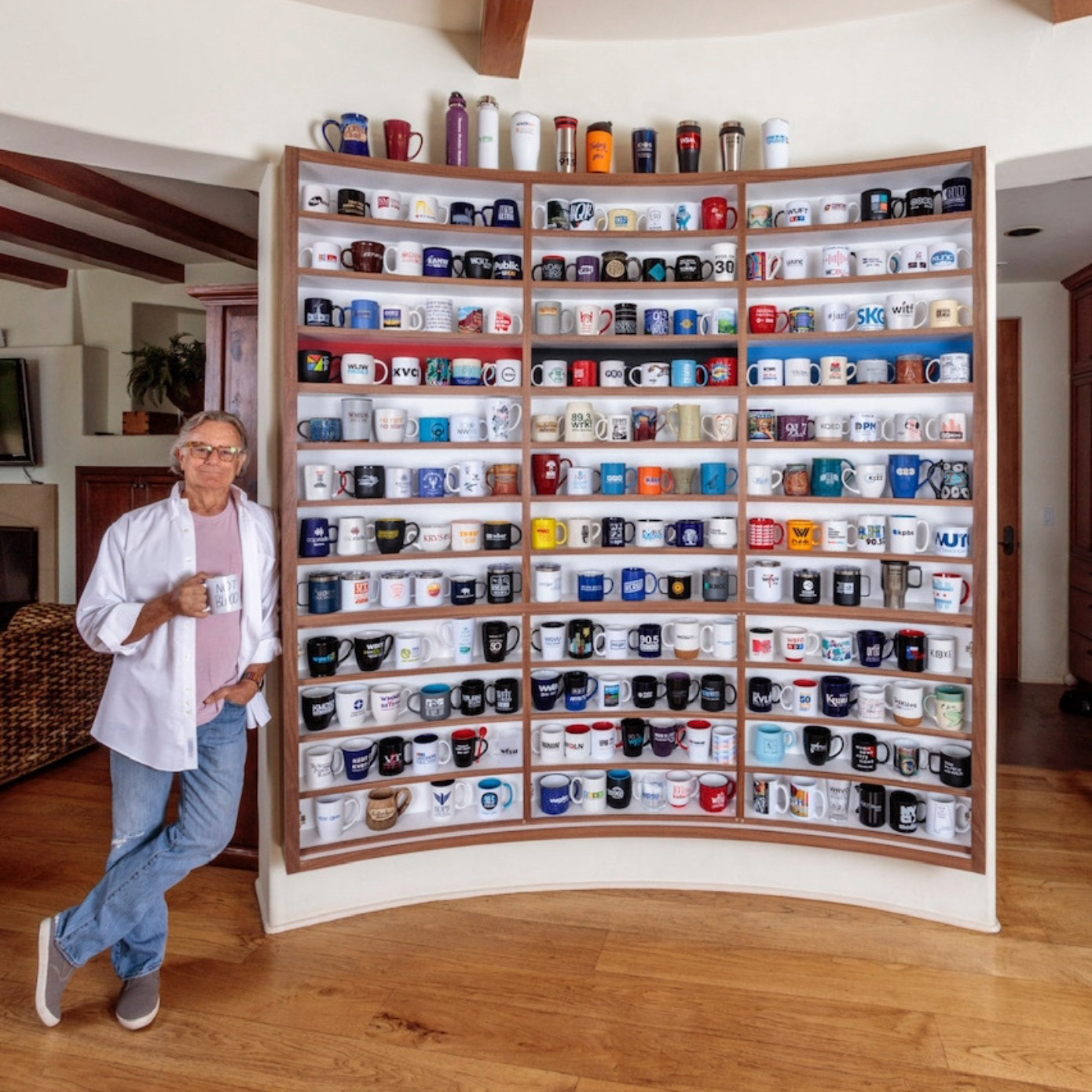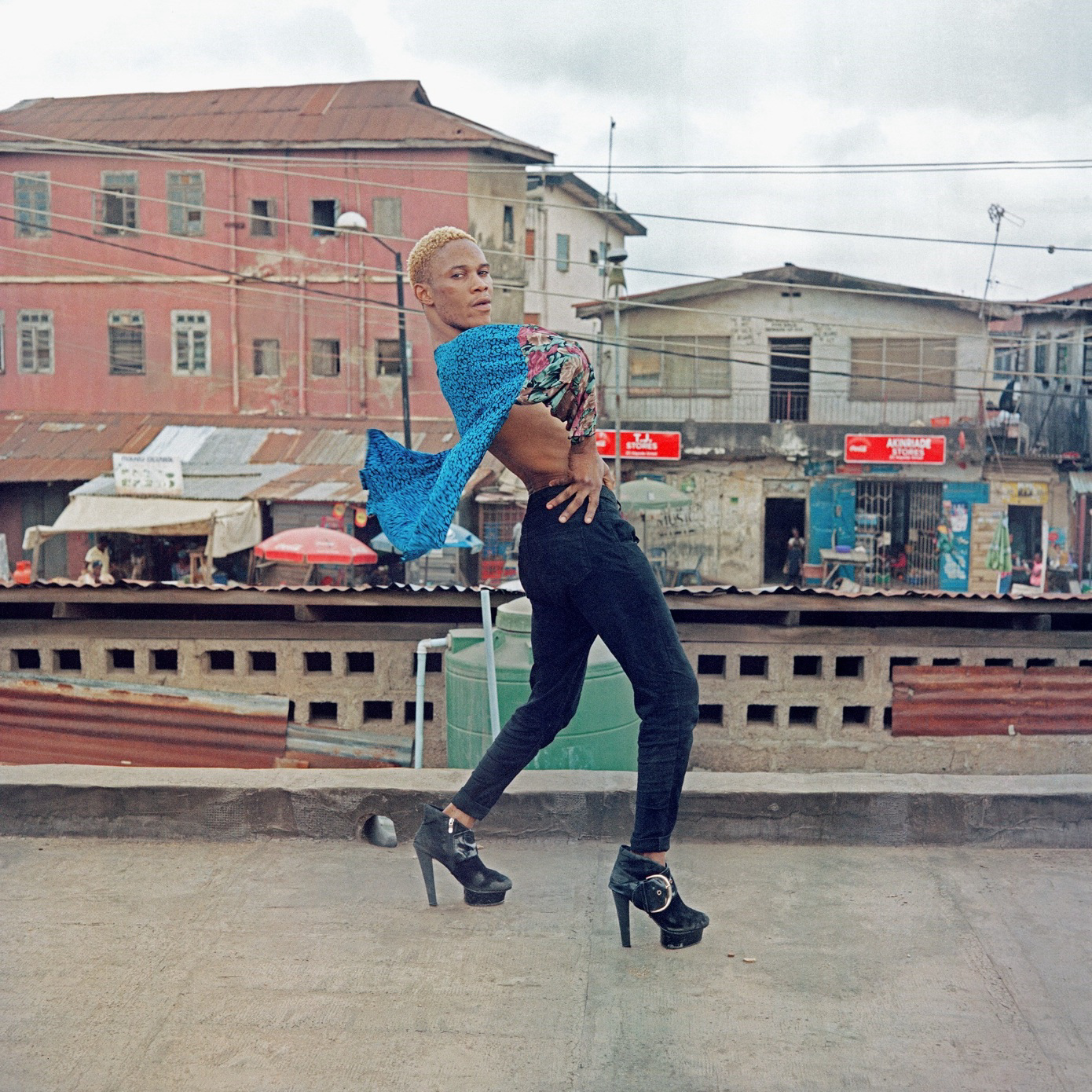
When conceiving of Colored People Time, a three-part exhibition spanning over an entire year of the Institute of Contemporary Art Philadelphia's programming, assistant curator Meg Onli sat down with a list of over 150 names. “Martine Syms was the first person in the exhibition and is really the anchor that establishes the conversation,” Onli says of the show’s inception. “Her Mundane Afrofuturist Manifesto was a reason that I wanted to begin this exhibition this way. I think there's been a lot of over-determination about the thinking of black futures through the lens of Afrofuturism. So I knew I wanted to kind of pivot and focus on notions of the everyday. I started with Martine then built from, of course—if you start thinking about the everyday, almost everyone around you starts saying Kevin Jerome Everson. He was next.”
This kind of associative telephone is a defining characteristic for Onli’s exhibition, which takes its title from a misquote that caused the curator to reach out to Claudia Rankine, Fred Moten and and then Harriet Mullen. “I remember reading this article, where the author asks what life looks like after white supremacy, and then proceeds to describe a mundane future,” Onli says. “I thought it was Claudia Rankine, but she sent me to Fred Moten, who sent me to Harriet. I thought: here are these three brilliant black thinkers who all think someone else's saying this—how can I kind of pick up this idea, but think through some of this work?”
The first chapter, Mundane Futures, hints at the exhibition’s origins. It is video heavy presentation with work by Syms, Everson, Aria Dean and Dave McKenzie, all of whom she sees in a dialogue, particularly in their deadpan tongue-in-cheekness. “Dave McKenzie's Futuro had a really graphic impact within the exhibition for me,” she says. “His absurdist sense of humor returned back to Martine's Mundane Afrofuturist Manifesto for me. I was really attracted to this sense of humor. It is subtle in a way in which, if you knew the people you would know that they were joking, but at the same time, you can read this with a certain type of self-seriousness over it. Inevitably the history of black people is always tied up within this notion of envisioning a time that will be. We’ve had to have that conversation after being kidnapped from a native country and brought to this country to literally build the future. It's kind of that idiom, you know: you have to laugh to keep yourself from crying.”
This debut of four artists points to where Onli plans to go with her line of reasoning, but also the surreal parameters in which it is forced to exist. Concise and watchable, Mundane Futures offers a fertile platform for the next two: Quotidian Pasts and Banal Presents. We recommend setting aside some dates for this trilogy. This is one you’ll want to tune in for.



